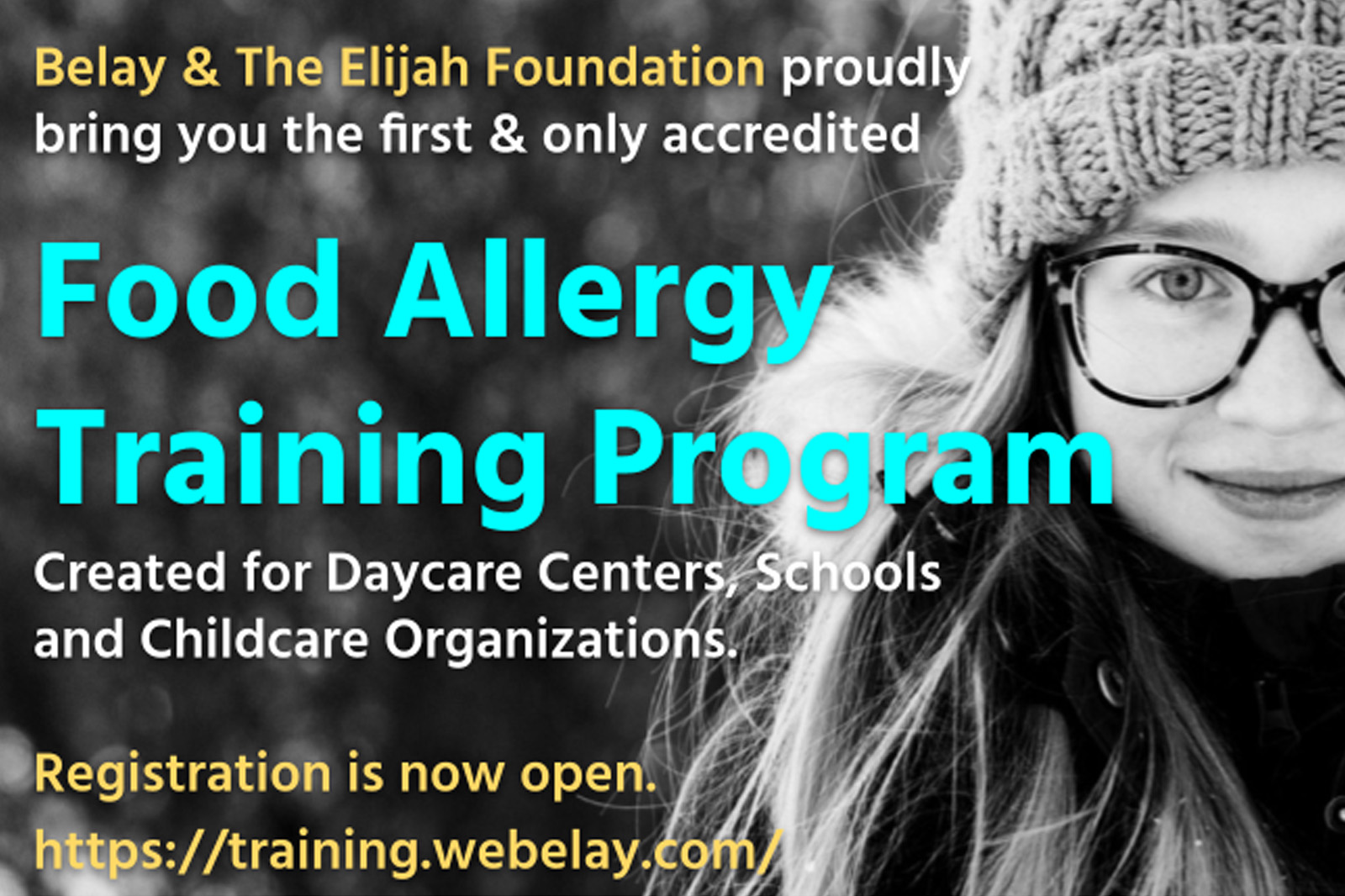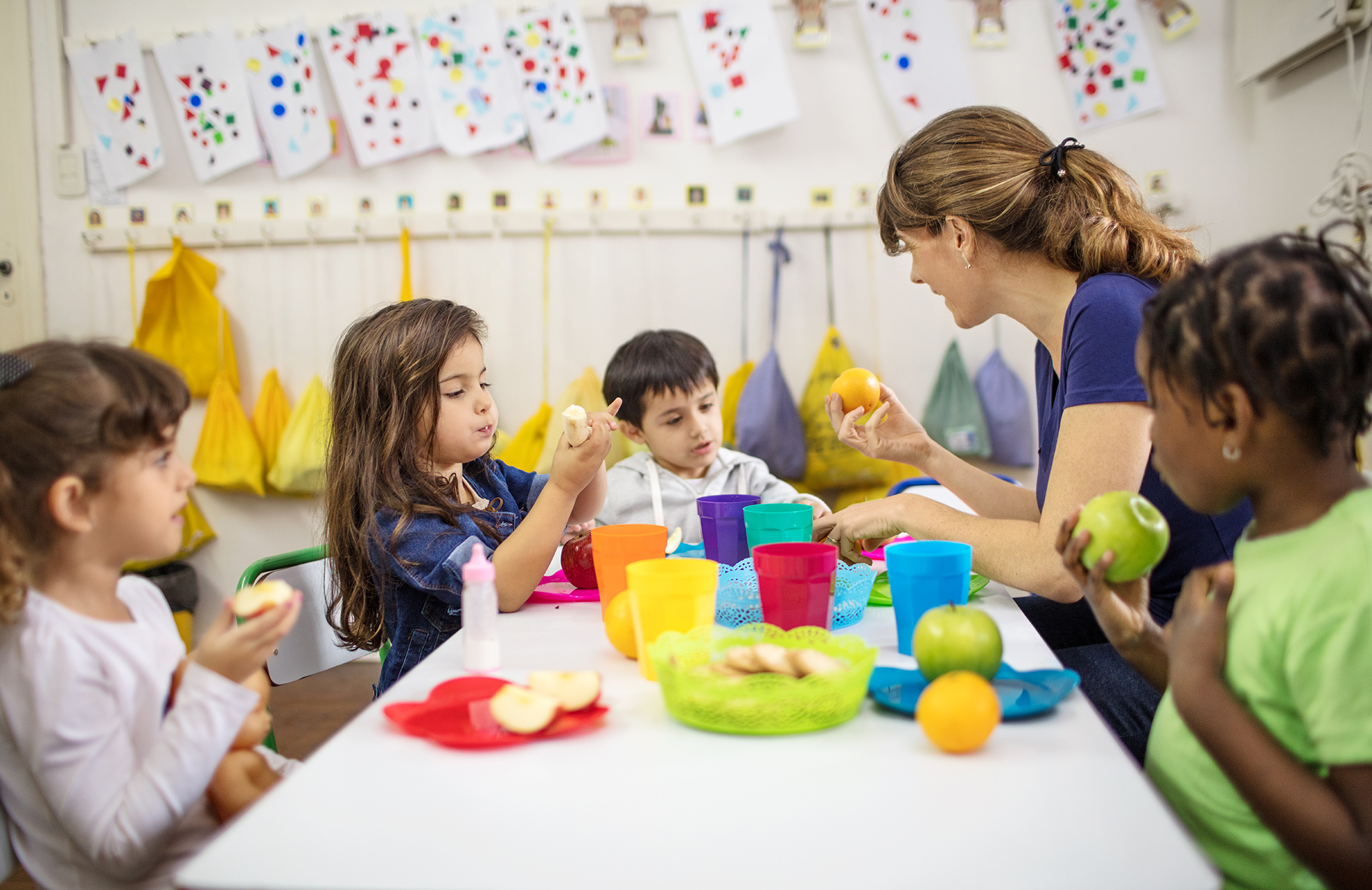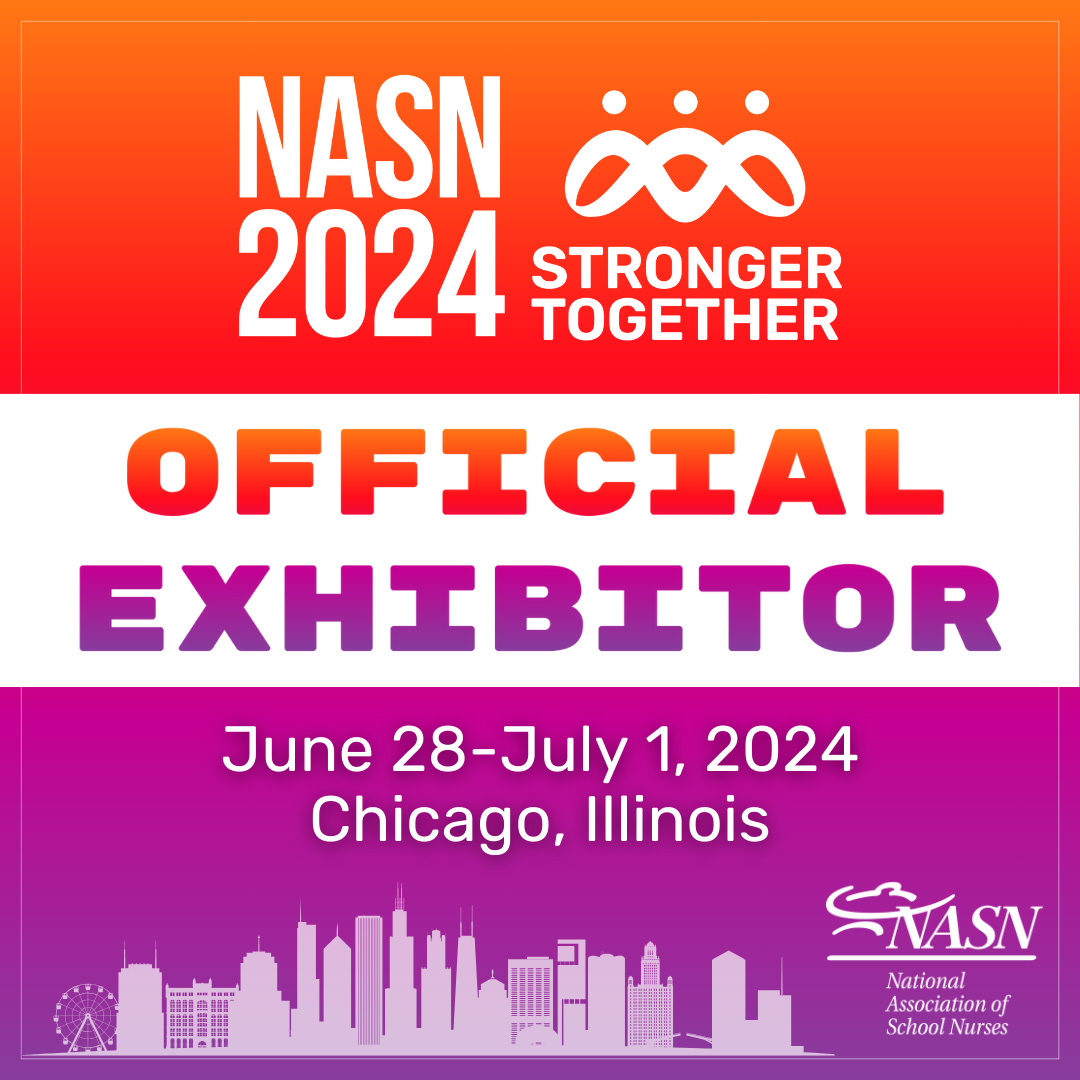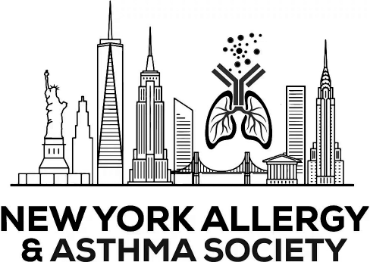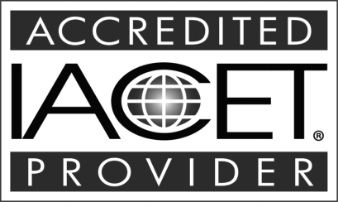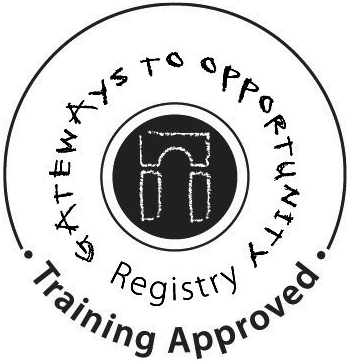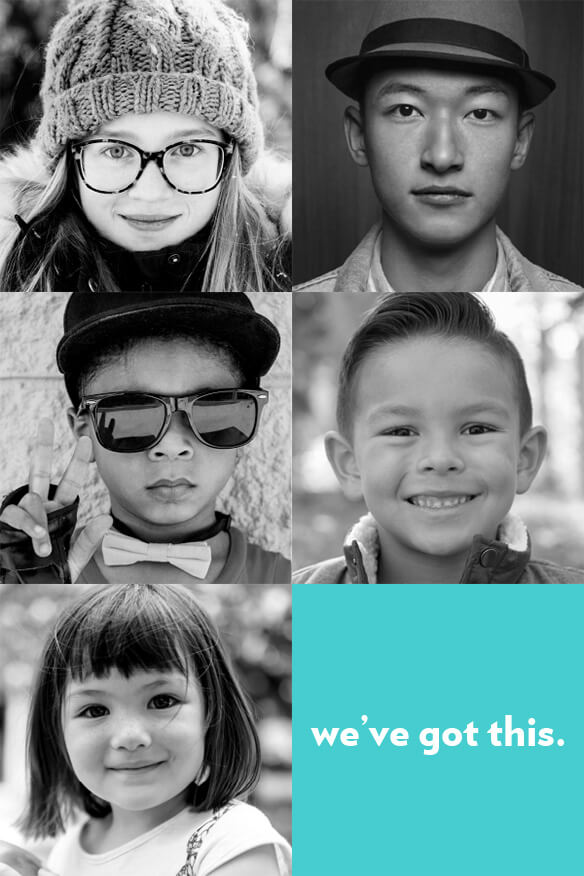A recent conversation with a friend about his quiet love affair with pandemic life got me thinking of some of the benefits this past year and a half have afforded allergy parents and kids across the globe. His eight-year-old daughter suffers from a rare kidney disease that makes her highly susceptible to infection – and greatly increases her risk of dying from COVID – but the social distancing, the masks, hand-sanitizing, and online schooling have given Ella and her family a welcome break from the heartrending job of keeping her safe from everyone she comes in contact with. He just wants her to be able to go to school and dance and have friends… to have a “normal” life, which COVID protocols conveniently ensure for her at the moment. I get it.
Most kids will have experienced some level of pain and loss throughout and as a result of this pause in social, academic, mental and even physical development. But those of us parenting kids with severe food allergies have also been given a bizarro reprieve from the daily concerns and realities that is allergic living.
Like Ella, the safety of our allergic kids depends largely on the understanding and actions of other people, particularly those with whom they are in contact. Social distancing and isolation might suck on a hundred levels, but it also allows food allergy parents to breathe a little easier these days – not having to worry about playdates, birthday cakes, holiday parties, allergy action plans, packing extra snacks, writing letters to parents asking for compassion, volunteering for way too many fields trips, repeatedly training care providers, family and friends, dealing with substitute teachers who don’t have the lead-time for training, and boarding planes like your prepping for surgery.
Let’s face it, while we want our allergic kids to be active and social and included, more than a few allergy parents are secretly hoping camp doesn’t happen this year and look forward to re-emerging in a world that continues to employ safe practices habituated by the pandemic.
No sharing food, no lunchrooms, OCD-style handwashing, sanitizers at every turn, mandatory masking, virtual schooling options, social distancing… As a bona fide allergy parent, I’ve never dreamed this big.
When I started my journey as an allergy parent in 2004, my biggest dream was that my two-year-old son would eventually grow out of at least one of his allergies (peanut, tree nuts, egg, shellfish, mustard, kiwi). A cure wasn’t even a fantasy back then. With little resources to draw on, our allergy community had yet to form. The internet was still in its infancy, F.A.R.E. was years away from launching in the U.S. and Anaphylaxis Canada (now Food Allergy Canada) was just a year in. Not a penny was dedicated to food allergy research in Canada and only private monies were funding any research in the states. BUT THEN, thanks to a small but mighty group of allergy parents and advocates, Sabrina’s Law was enacted in Ontario in 2006, the same year my son started kindergarten. I would enter the school system among the very first-gen of allergy parents equipped with protective policy and the right to administrative support. This was inarguably the food allergy community’s biggest win to date. It was the first legislation of its kind anywhere in the world, and the catalyst for like-minded policies that have since emerged and continue to develop across Canada, The U.S., and beyond.
Sabrina’s Law mandates that every public school and all daycares in Ontario collaborate with allergy parents to create individualized allergy management plans for their food-allergic students, including the administration and stocking of emergency auto-injectors within the schools, as well as regular staff training (albeit a subjective requirement, as “training” and “regular” can range in interpretation – but that’s a whole other blog). This was game-changing news for allergy families in Ontario and a call to action for allergy families around the world. Named after Sabrina Shannon, a Canadian ninth-grader and active allergy advocate who died from accidental exposure to her allergen at school, in 2003, Sabrina’s Law continues to serve as the model and message to emulate, while Ontario remains the shining capitol of allergy awareness.
In most recent allergy news, President Biden signed the Food Allergy Safety, Treatment, Education and Research Act (FASTER Act) into law last month, adding sesame as number 9 to the list of the top food allergens in the U.S. This is a colossal win for Americans and visitors with sesame allergies, who by Jan. 2023 will finally benefit from food labelling laws (after 17 years of being left out). This long-fought victory coincides with the passing of Natasha’s Law in England and Northern Ireland, requiring all pre-packaged foods to finally offer a full list of ingredients, including sesame. Named after Natasha Ednan-Laperouse, a 15-year-old who died in 2018 of anaphylaxis after eating a baguette with undeclared sesame in it, Natasha’s Law follows the lead of dozens of other ground-breaking legislative wins, inspired by Sabrina’s Law and spearheaded by allergy parents like Sara Shannon.
Meanwhile, Elijah’s Law, passed in New York State in September 2019 to protect allergic pre-schoolers with clear guidelines for training to prevent, recognize and treat allergic reactions, is gaining traction in several other states. In March, the Illinois house passed a similar bill, which would tighten training requirements for school districts and include daycare throughout the state. Named after 3-year-old Elijah-Alavi Silvera, who in 2017 experienced a fatal anaphylactic reaction after being given a cheese sandwich at his daycare – who was well informed of his severe dairy allergy – Elijah’s Law was influenced by his intrepid parents, who have been instrumental in advocating for the law to be passed in Illinois, onto Pennsylvania, New Jersey, Connecticut, California and New Hampshire.
Whether the law encompasses school/daycare policy, food labeling, food services, secure travel, safe workplace practices, allergen recognition, first responder and medical training, each one (no matter the city, state, province or country) plays a pivotal role in making the world a safer, more inclusive place for people living with food allergies.
This month, next week, every day, wherever you live – it’s time to celebrate our community, our champions and our growth.
Stay tuned for more.
Apres Sabrina’s Law Highlights
Ammaria’s Law (Virginia, 2012)
School Access to Emergency Epinephrine Act (U.S. 2014)
The Emergency Allergy Treatment Act (Florida 2014)
Dillon’s Law (Wisconsin 2017)
Annie’s Law (Illinois 2018)
Elijah’s Law (New York 2019)
Gio’s Law (New York, 2019)
Natalie Giorgi Sunshine Act (California, 2019)
Honorable Mention
Ryan’s Law (Ontario, 2015)
Facts & Findings
Food Allergy Awareness Week (May 9-16, 2021) was created by the Food Allergy & Anaphylaxis Network (FAAN) in 1998, which later merged with the Food Allergy Initiative (FIA) to form FARE in 2012.
In 1984, The Asthma and Allergy Foundation of America (AAFA) declared May to be “National Asthma and Allergy Awareness
To help you track your child’s food allergies click here and download the Belay app



